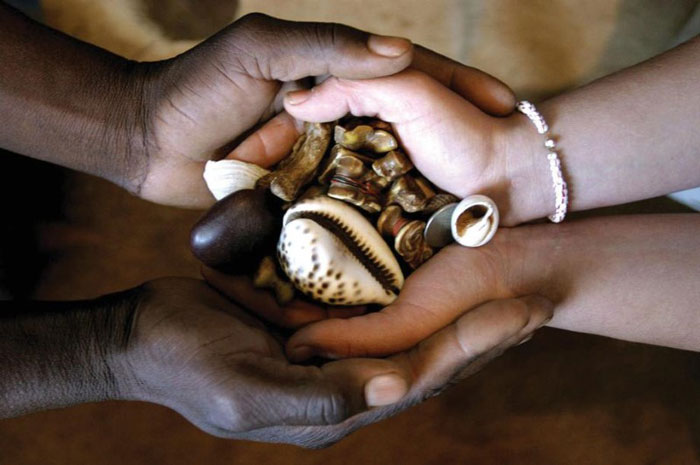
Mali, a country with a rich cultural heritage, is home to a diverse population that has relied on traditional healing practices for centuries. These practices, passed down through generations, are deeply intertwined with the cultural and spiritual fabric of Malian society. While modern medicine has made significant strides in addressing healthcare challenges, traditional healing remains a vital part of the country’s healthcare system. The integration of ancient wisdom with contemporary medical approaches is creating a unique healthcare paradigm in Mali.
The Role of Traditional Healers
In Mali, traditional healers, also known as “fadenya” or “ngangas,” are highly respected members of their communities. They are believed to possess spiritual and medicinal knowledge that enables them to diagnose and treat a wide range of ailments. Traditional healing in Mali encompasses various practices, including herbal medicine, spiritual rituals, and divination, all of which are aimed at restoring balance to the body and mind.
Herbal medicine is one of the most widely practiced forms of traditional healing in Mali. Healers often use plants and herbs indigenous to the region to treat illnesses such as malaria, gastrointestinal disorders, and skin conditions. These remedies are prepared in the form of teas, poultices, and powders, and are passed down through generations of families. Many of the plants used in traditional medicine have been scientifically shown to possess therapeutic properties, though research into their effectiveness is still in its early stages.
Spiritual healing is another important aspect of traditional practices in Mali. Many people believe that illness is caused by spiritual imbalances, such as ancestral displeasure or malevolent forces. Spiritual healers use rituals, prayers, and sacrifices to restore harmony and drive away harmful spirits. These healers are often consulted for ailments that are believed to have a supernatural cause, such as mental health conditions, infertility, and chronic pain.
The Intersection of Traditional and Modern Medicine
In recent years, there has been a growing recognition of the need to integrate traditional healing practices with modern medicine in Mali. The government, in collaboration with international organizations, has been working to bridge the gap between these two systems of healthcare. This integration aims to offer a more holistic approach to healthcare that acknowledges the cultural significance of traditional practices while also ensuring the benefits of modern medical advancements.
One of the most promising initiatives in this area is the training of traditional healers in modern healthcare principles. Some organizations have developed programs to educate traditional healers about basic hygiene, disease prevention, and the importance of seeking medical treatment for conditions that are beyond the scope of their practice. This collaboration ensures that traditional healers can refer patients to healthcare professionals when necessary and that patients are not discouraged from seeking medical treatment for serious illnesses.
Moreover, the Malian Ministry of Health has worked to formalize the relationship between traditional and modern medicine. In 2014, the government created a policy framework that encourages dialogue and cooperation between traditional healers and medical professionals. The goal is to create a system in which both practices can complement each other, enhancing the quality of healthcare delivery.
The Benefits and Challenges of Integration
The integration of traditional healing practices with modern medicine offers several potential benefits. For one, it promotes cultural sensitivity in healthcare delivery, which is crucial in a country where traditional beliefs and practices are deeply ingrained in the population. It also helps address the issue of access to healthcare, particularly in rural areas where modern medical facilities may be scarce. Traditional healers are often more accessible to local communities and can provide timely and affordable treatment for minor ailments.
However, the integration process is not without its challenges. There is a risk of compromising patient safety if traditional treatments are used in conjunction with modern medicine without proper oversight. Additionally, some modern medical professionals may view traditional healing with skepticism, leading to a lack of collaboration and mutual respect between the two systems.
Conclusion
Traditional healing practices in Mali offer a rich and valuable complement to modern medicine, addressing the cultural and healthcare needs of the population. As the country continues to grapple with healthcare challenges, the integration of ancient wisdom with modern medical practices holds great promise for improving health outcomes. By fostering collaboration and mutual respect between traditional healers and medical professionals, Mali can create a more inclusive and effective healthcare system that respects its cultural heritage while embracing the benefits of modern science.